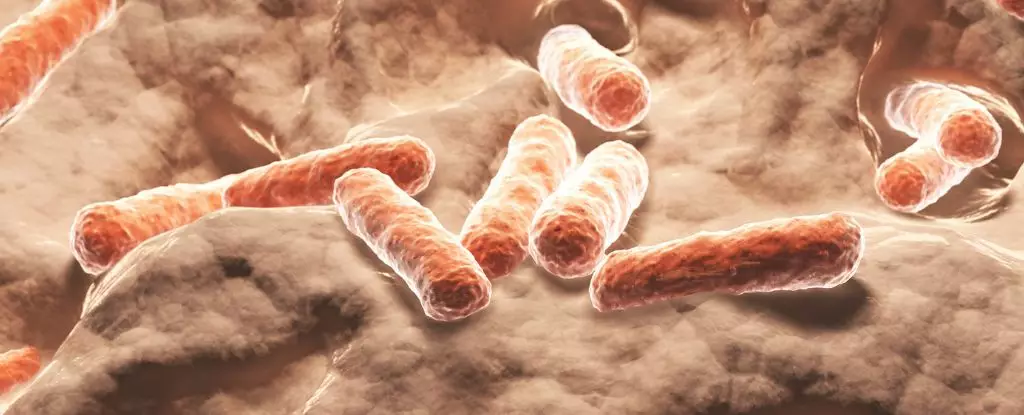The human body is a complex ecosystem, and recent studies have revealed the critical role that gut microbiota play not just in digestion but also in metabolic regulation. Particularly for individuals suffering from type 2 diabetes, managing blood sugar levels can be a challenging task. Traditionally, medications like Ozempic—designed to mimic the action of glucagon-like peptide-1 (GLP-1)—have provided relief for these patients. However, innovative research emerging from Jiangnan University in China suggests an ingenious natural alternative: enhancing specific gut microbes could intrinsically regulate blood sugar and reduce sugar cravings, emulating the effects of pharmaceutical interventions.
Understanding GLP-1 and Its Significance
GLP-1 is a hormone vital for glucose homeostasis and appetite control, produced in response to food intake. Its primary function is to lower blood sugar levels by promoting insulin secretion while simultaneously suppressing glucagon release, which increases glucose production. In individuals with type 2 diabetes, the functionality of GLP-1 is often compromised, resulting in erratic blood sugar levels. The introduction of GLP-1 receptor agonists like semaglutide (Ozempic) has provided a means to mimic this natural mechanism of action. However, the quest for a more organic approach to enhance GLP-1 levels continues to gain attention.
Exploring the relationship between gut microbiota and dietary preferences opens up a new frontier in diabetes research. The study conducted at Jiangnan University focused on a specific gut microbe, Bacteroides vulgatus, highlighting its metabolites as key players in regulating glucose metabolism and reducing sweet cravings. The findings suggest that an increased abundance of B. vulgatus can promote the secretion of GLP-1, subsequently enhancing blood sugar control. This discovery reinforces the notion that our gut health is intricately linked to our dietary behaviors and cravings.
The Mechanism of Action
One of the intriguing aspects of the research lies in the interaction between B. vulgatus, its metabolites, and the hormones influencing sugar cravings. When mice were manipulated to inhibit the production of a gut protein called Ffar4, significant reductions in B. vulgaris populations were observed. Consequently, this decline correlated with decreased levels of the hormone FGF21, known to be involved in sugar cravings. Studies suggest that FGF21 not only mediates energy metabolism but also significantly influences the desire for sweet foods. The mice that had reduced levels of FGF21 demonstrated a preference for sugary diets, shedding light on the potential link between gut microbiota and sugar cravings.
Human Connection and Implications
These findings are not merely limited to murine models; they draw a parallel to human studies. Initial analyses involving participants with type 2 diabetes highlighted genetic variants that affect FGF21 production and correlate with a heightened preference for sugar. This suggests a pathway that may not only influence cravings but could also play a pivotal role in developing diabetes itself. If specific gut microbial compositions could be harnessed or manipulated to enhance GLP-1 and FGF21 expressions, we might be looking at a revolutionary shift in diabetes management strategies.
As researchers delve deeper into this fascinating relationship between gut microbiota and metabolic health, numerous possibilities emerge. Future studies could focus on developing prebiotics or probiotic interventions specifically tailored to increase beneficial microbes like B. vulgatus. This preemptive approach could help manage blood sugar levels organically, providing an alternative to pharmacological treatments. The complexity of human microbiota also suggests that personalized nutrition, accounting for one’s unique gut flora, could become a staple in dietary recommendations for diabetes management.
The exploration of gut microbes as potential regulators of blood sugar symbolizes an exciting intersection of microbiology and endocrinology. While medications like Ozempic serve critical roles in managing diabetes, understanding the natural mechanisms orchestrated by our gut flora presents opportunities for innovative, less invasive treatment modalities. As the realm of microbiome research expands, we inch closer to unlocking personalized, holistic strategies that prioritize the body’s intrinsic capacities for health maintenance, particularly in chronic conditions such as diabetes.

